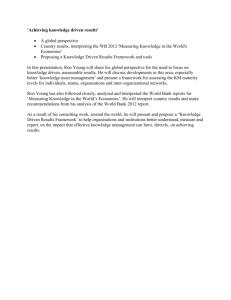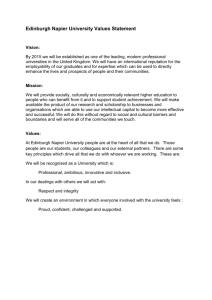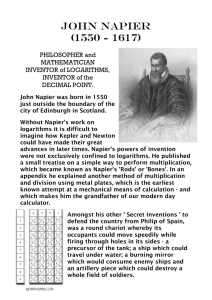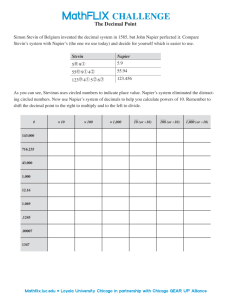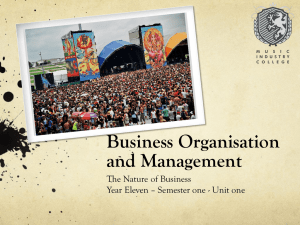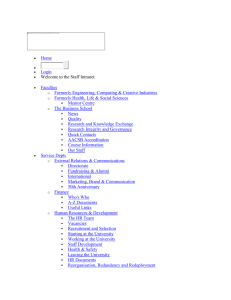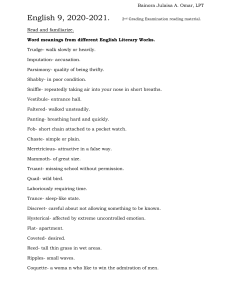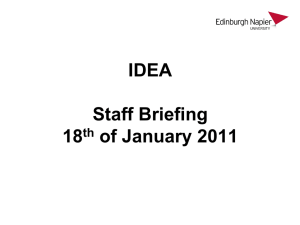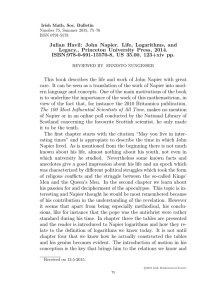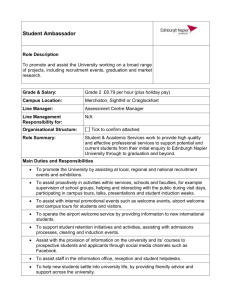- Repository@Napier
advertisement
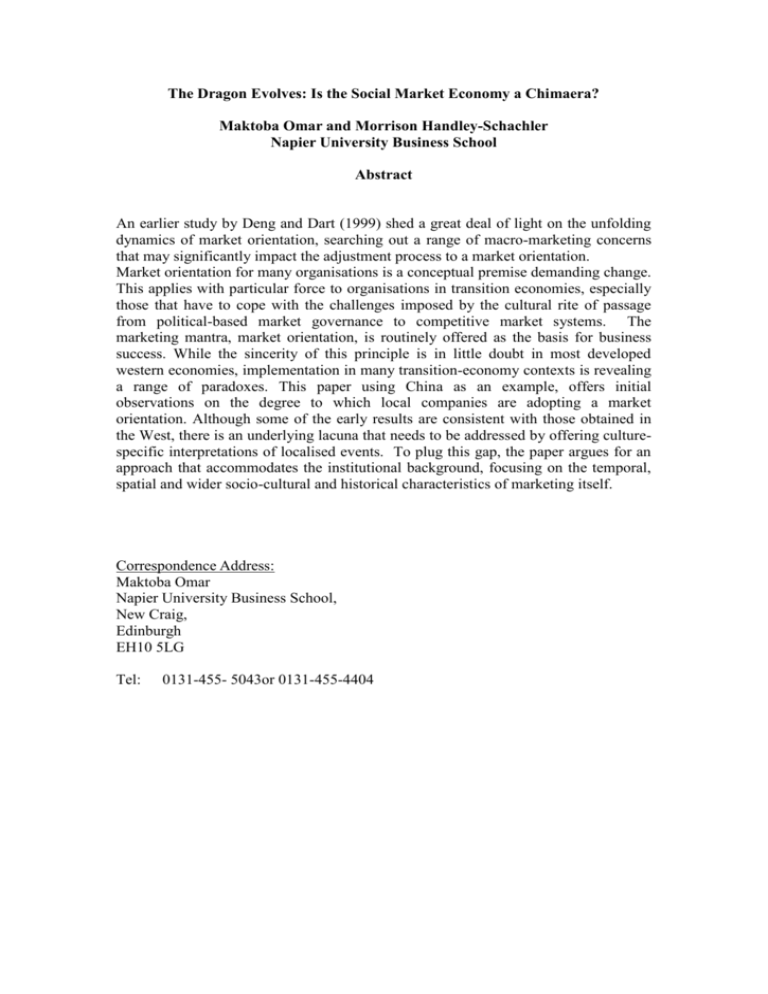
The Dragon Evolves: Is the Social Market Economy a Chimaera? Maktoba Omar and Morrison Handley-Schachler Napier University Business School Abstract An earlier study by Deng and Dart (1999) shed a great deal of light on the unfolding dynamics of market orientation, searching out a range of macro-marketing concerns that may significantly impact the adjustment process to a market orientation. Market orientation for many organisations is a conceptual premise demanding change. This applies with particular force to organisations in transition economies, especially those that have to cope with the challenges imposed by the cultural rite of passage from political-based market governance to competitive market systems. The marketing mantra, market orientation, is routinely offered as the basis for business success. While the sincerity of this principle is in little doubt in most developed western economies, implementation in many transition-economy contexts is revealing a range of paradoxes. This paper using China as an example, offers initial observations on the degree to which local companies are adopting a market orientation. Although some of the early results are consistent with those obtained in the West, there is an underlying lacuna that needs to be addressed by offering culturespecific interpretations of localised events. To plug this gap, the paper argues for an approach that accommodates the institutional background, focusing on the temporal, spatial and wider socio-cultural and historical characteristics of marketing itself. Correspondence Address: Maktoba Omar Napier University Business School, New Craig, Edinburgh EH10 5LG Tel: 0131-455- 5043or 0131-455-4404
